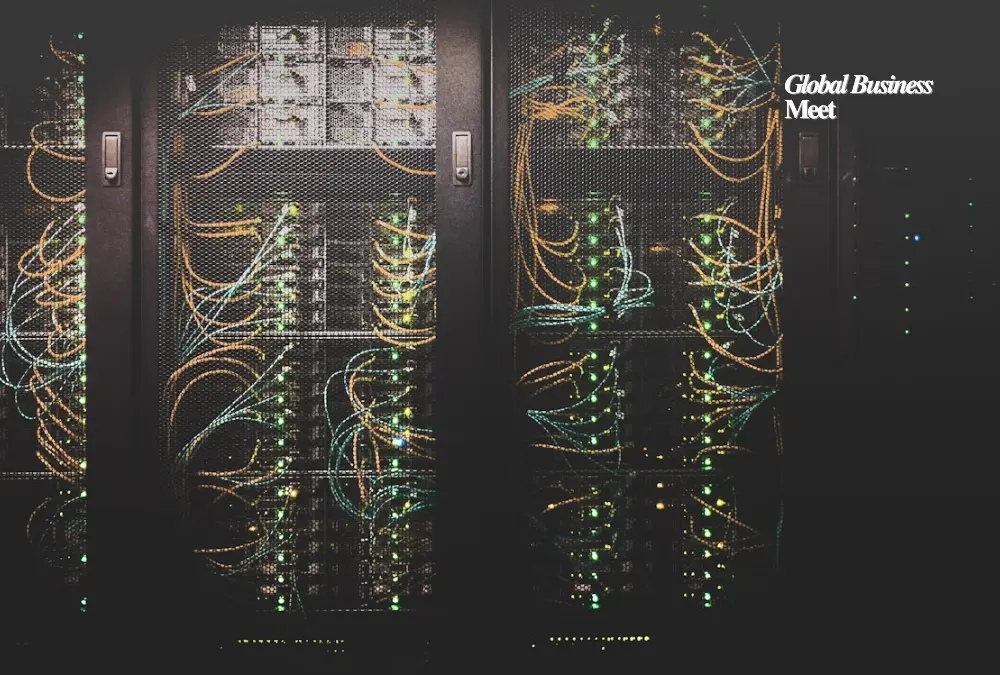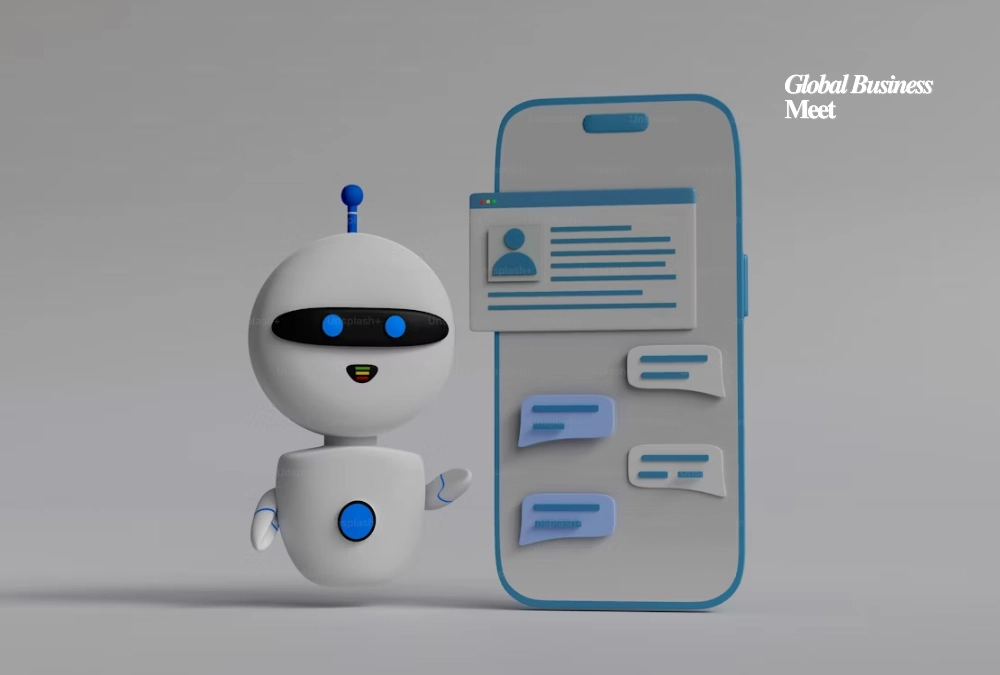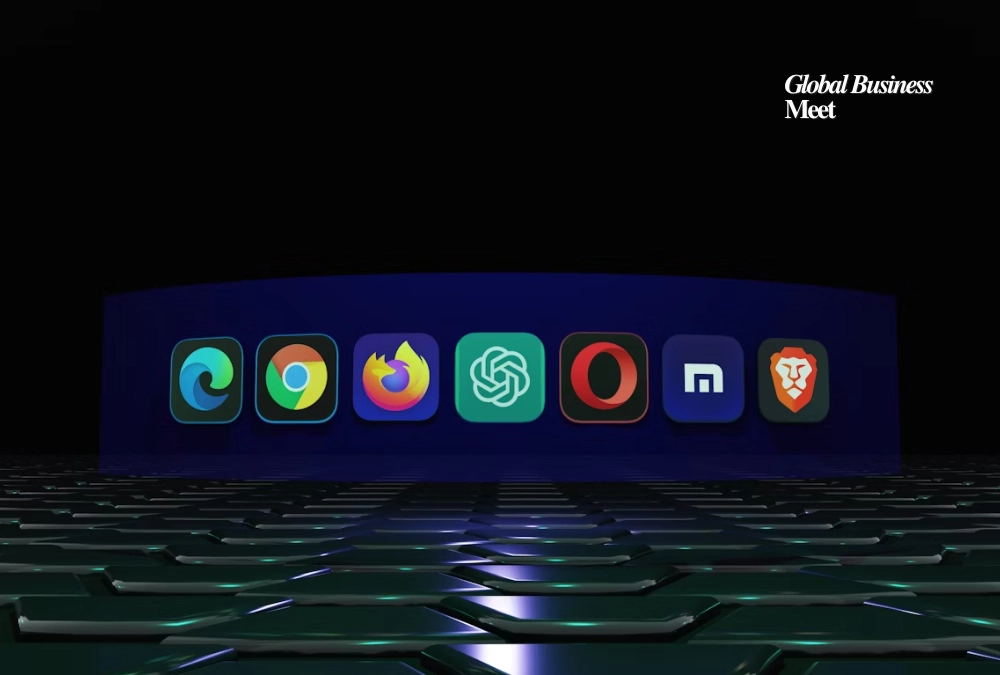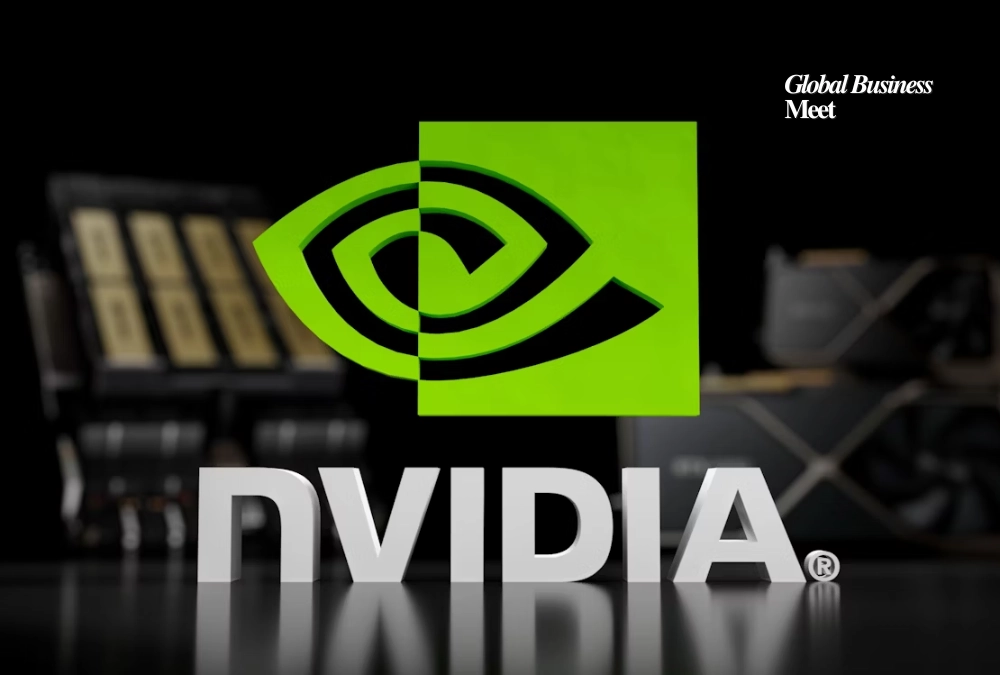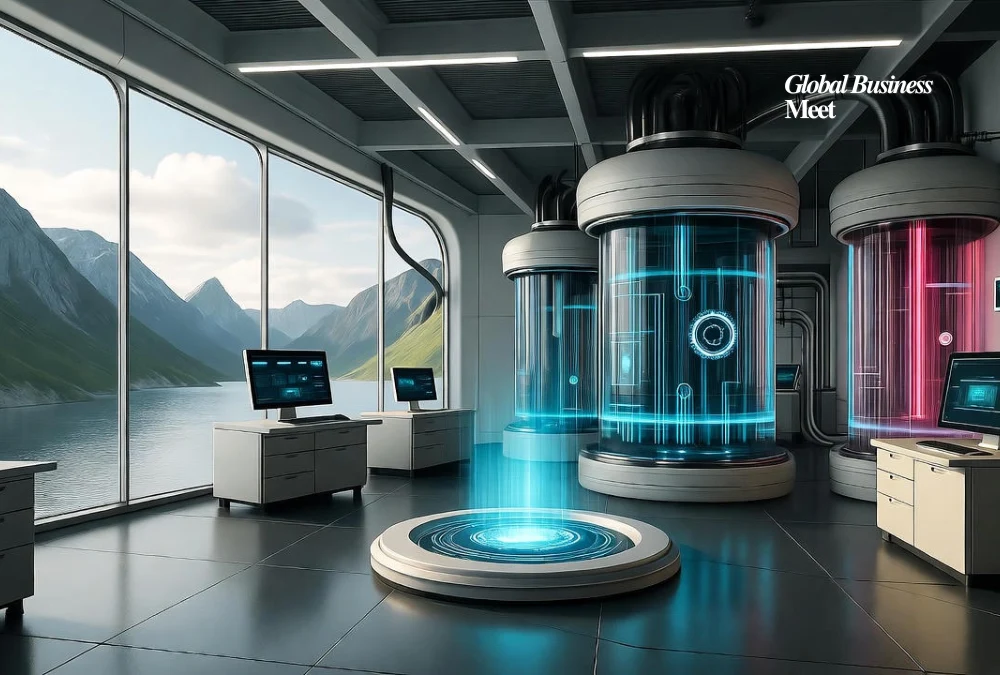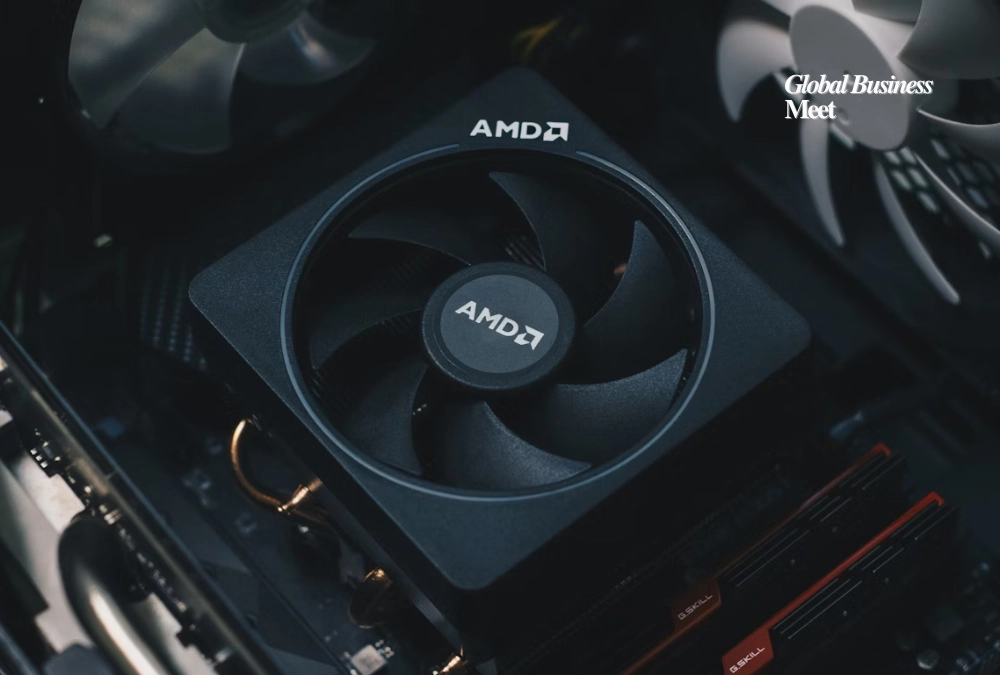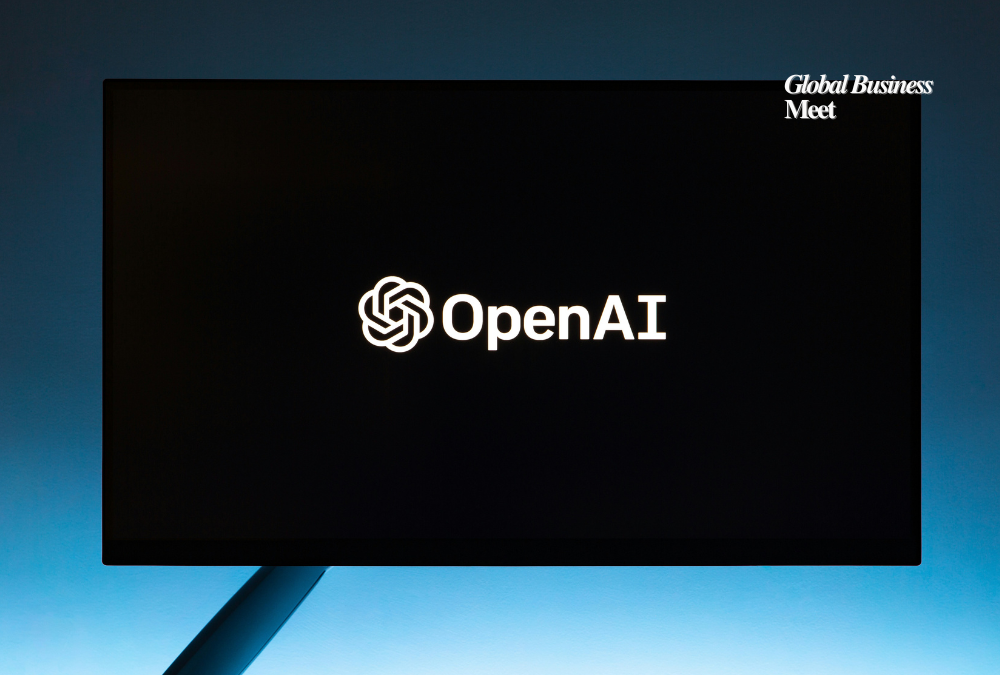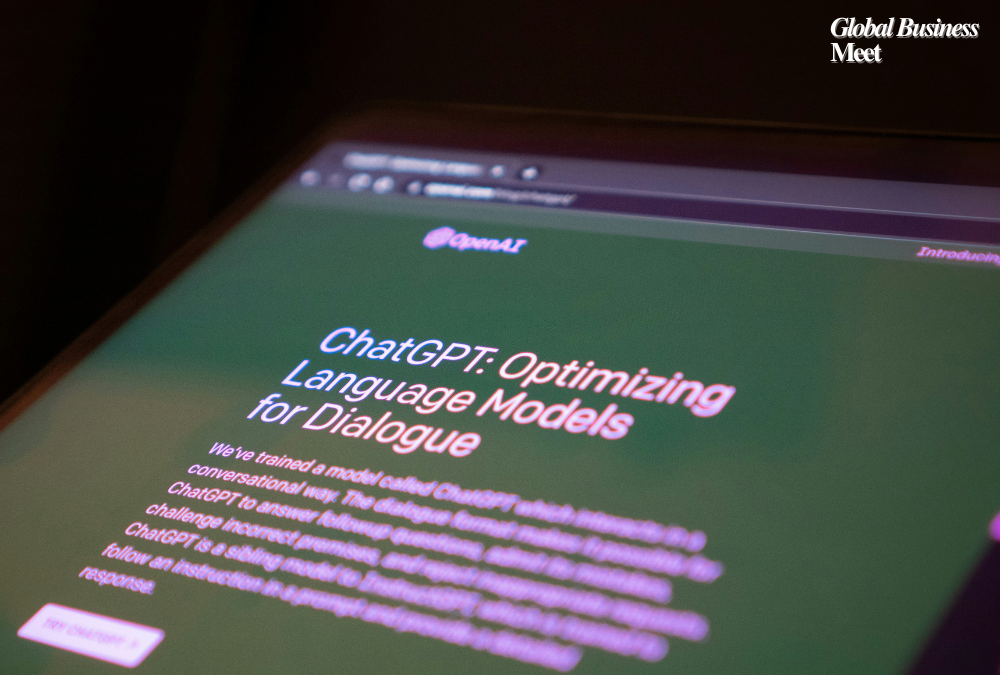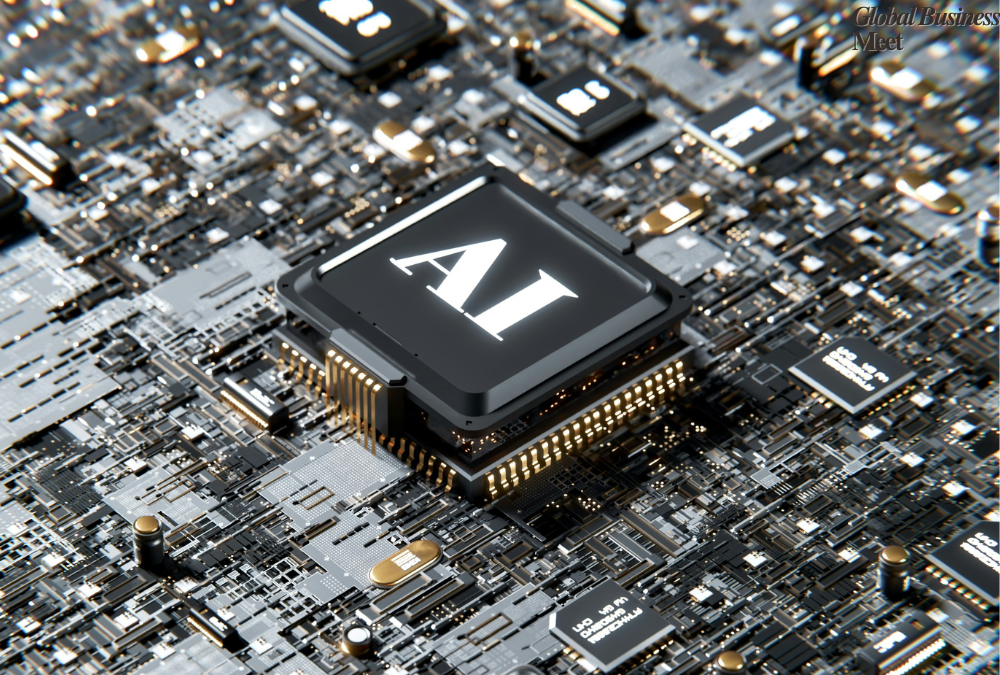
Recently, in one of the running podcasts, the CEO of Narada AI spoke up, going counter to popular wisdom and declaring that software as a service (SaaS) is going nowhere and AI agents (autonomous and context-aware assistant platforms) will be their successors. The CEO continues to note that current static SaaS systems (though powerful) are not adaptive and proactive platforms that will be able to meet the challenges of the business environment tomorrow. He states that AI agents that can understand the intent of the user, make a choice and perform an action are more desirable to create real-time value.
Narada AI, an emerging firm in the autonomous agent technology, is constructing tools capable of handling workflows in an end-to-end manner, including working with email chains, organizing meetings according to differing context, and on-the-fly writing of documents. Such functions are much more than what some standard SaaS offerings can provide. Whereas a user with a task requires opening several cloud applications, uploading files, entering queries, and monitoring the process of already knowing what to do or how to do it, or at least how to start performing it efficiently, a single AI agent can connect all these processes and treat them automatically, executing existent tasks with the minimum input in the process.
The next-generation agent should be able to read the mind of the user, goes Narada AI management, which means not only taking orders, but, e.g., knowing to initiate a summary of incoming information, raise a flag on an urgent action, or generate a complicated process when a pre-determined set of conditions are achieved. This transition of reactive SaaS modules to proactive AI agents has the potential to save a vast amount of generously spent time and mental power, which would make the productivity in our workplaces much more efficient.
The CEO also underlined the possibilities of customizable and industry trained agents concerning specific fields such as finance, marketing, customer services, and legal workflows. They will educate each agent on best practice, compliance regulations, and business context to provide intelligent-assistance per-role, which the products of generic SaaS cannot. There is a scalable benefit, the customization allows the organizations to use the vertical AI agents without having to reinvent the software per individual department.
Although there are still some advances with SaaS platforms in terms of automation and integration of AI, the CEO is of the opinion that they remain a mere addition to a decades-old model. They still need users to access the tool, set settings, attach plugins and check results manually. Conversely, AI agents are programmable to work with the same end-goal and can perform cross-platform tasks automatically like fetching the quarterly reports, analyzing trends, mailing the summaries of report to team members and scheduling review meetings, without being activated by the user.
Narada AI is also already partnering with others at the operating-system level, so that agents have capabilities to do orchestration of desktop, web and mobile applications. The CEO forecasts this thoroughgoing integration to bring about the new era of having the agents as the interface and eradication of the customary app store worldview. The user will no longer have to open separate SaaS applications but will engage with intelligent assistants that can implement business objectives and do them automatically.
Naturally, there are obstacles to such an evolutional transition data privacy, compliance control, change management, and trust in autonomous systems. To counter such, Narada AI focuses on the construction of transparent and auditable agents, explainable decisioning and human in the loop control, and a hard permission boundary. They want to develop a governance model which spells comfort to enterprise IT and compliance teams that agents understand policy and security requirements.
CEO also gave focus to the point of market timing: generative AI is reaching maturity, large language models are taking over, and this allows covering the technology stack in nearly any agent with governance and vertical specialization capabilities. The quality of orchestration and integration will be the most important distinguishing factor and not the novelty of AI. Organizations which had an early start in building an agentification infrastructure will obtain an important competitive edge in automating business processes.
To sum up, the CEO of Narada AI has outlined a vision that might change the software market. This is not to say that the disappearance of SaaS is imminent tomorrow but as the need in business trends towards dynamic and smart applications, static applications can be rendered obsolete. AI agents are set to bring proactive cross-task automation that will minimize friction, enable productivity, and satisfy the requirements of contemporary professionals. Companies that develop software applications, as well as those that purchase it, might soon come to a time when they have to welcome the era of the AI agent, which will be in charge of moving jobs along, but with independence at the operating level and a sense of intelligence.





